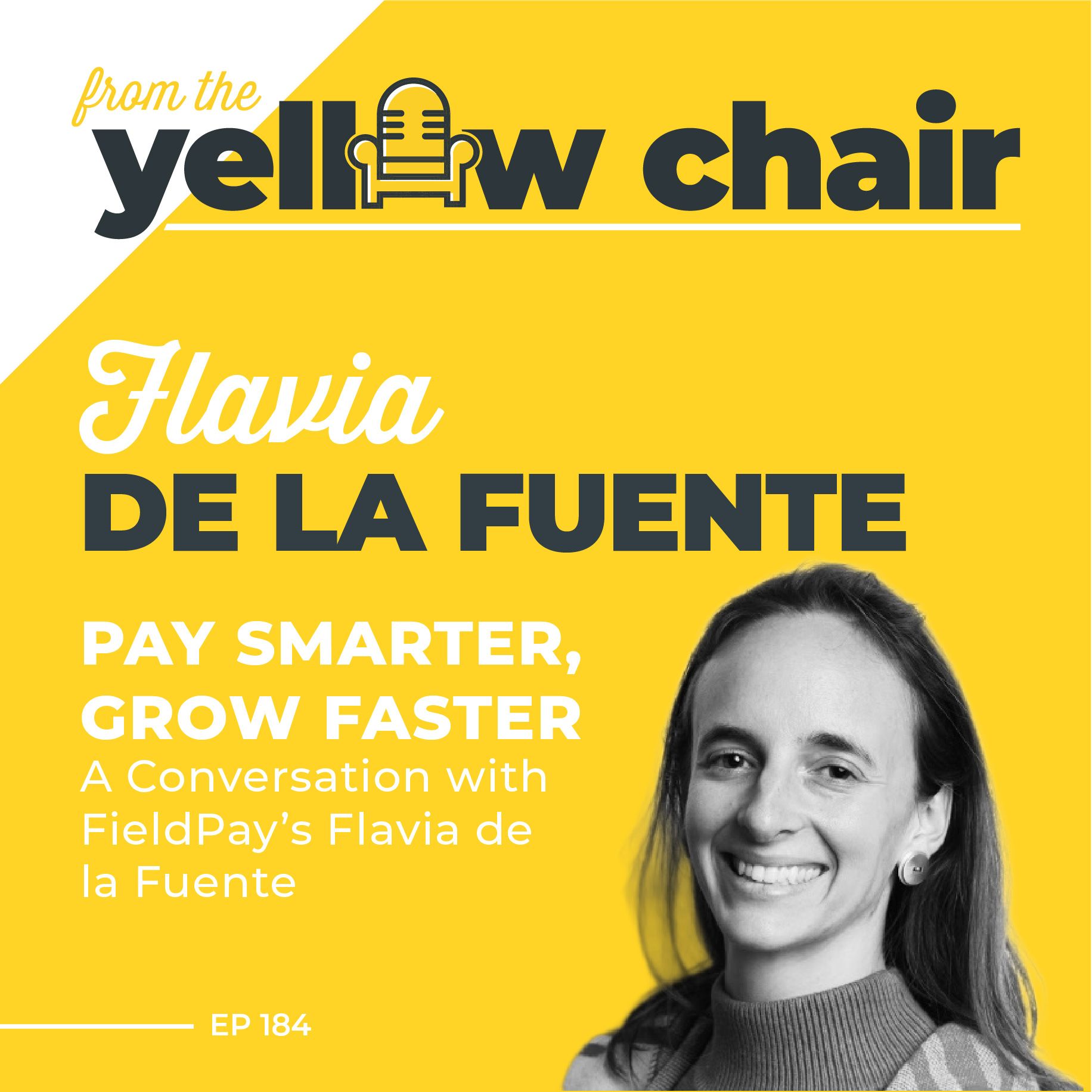Empowering Lives Through the Trades with Kate Cinnamo and Toni Bower
In this special episode of From the Yellow Chair, brand ambassador Lupita and head of operations Andrea sit down with Kate Cinnamo and Toni Bower from Explore the Trades! They discuss encouraging career growth in the trades, personal stories of professional discovery, and the opportunity to develop a career even without a college degree.
0:08 – Exploring Trade Careers for Students
14:50 – Supporting Explore the Trades Through Collaboration
22:11 – Importance of Skilled Trades Industry
If you would like to learn more about Explore the Trades, make sure to check out their website and support their cause!
If you enjoyed this chat From the Yellow Chair, consider joining our newsletter, “Let’s Sip Some Lemonade,” where you can receive exclusive interviews, our bank of helpful downloadables, and updates on upcoming content.
Please consider following and drop a review below if you enjoyed this episode. Be sure to check out our social media pages on Facebook and Instagram.
Interested in being a guest on our show? Be sure to contact us today!
If you enjoyed this chat From the Yellow Chair, consider joining our newsletter, “Let’s Sip Some Lemonade,” where you can receive exclusive interviews, our bank of helpful downloadables, and updates on upcoming content.
Please consider following and drop a review below if you enjoyed this episode. Be sure to check out our social media pages on Facebook and Instagram.
From the Yellow Chair is powered by Lemon Seed, a marketing strategy and branding company for the trades. Lemon Seed specializes in rebrands, creating unique, comprehensive, organized marketing plans, social media, and graphic design. Learn more at www.LemonSeedMarketing.com







